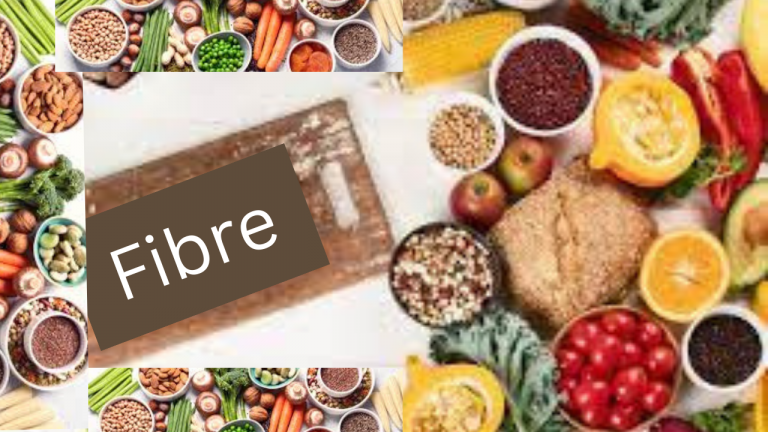Why Does Orange Juice Turn Brown?

Orange juice can turn brown due to a process called oxidation. This occurs when the enzymes in the juice come into contact with the air, causing a chemical reaction that leads to the breakdown of certain molecules in the juice.
When orange juice is squeezed, the cells in the fruit are broken open and the enzymes inside them are exposed to oxygen in the air. These enzymes, called polyphenol oxidase, catalyze the oxidation of phenolic compounds present in the juice, leading to the production of brown pigments called melanins.
Another factor that can cause orange juice to turn brown is the temperature at which it is stored. Orange juice that is stored at high temperatures for an extended period of time will degrade faster and turn brown more quickly.
It’s also worth noting that commercial orange juice can be pasteurized to kill off any bacteria or enzymes that can cause spoilage. However, pasteurization can also affect the taste, color, and nutrients of the juice.
To prevent orange juice from turning brown, it’s best to consume it immediately after squeezing or store it in an airtight container in the refrigerator. The juice can also be frozen for a longer storage time. It’s also important to note that browning does not affect the safety of the orange juice but can affect the taste and color of the juice.



